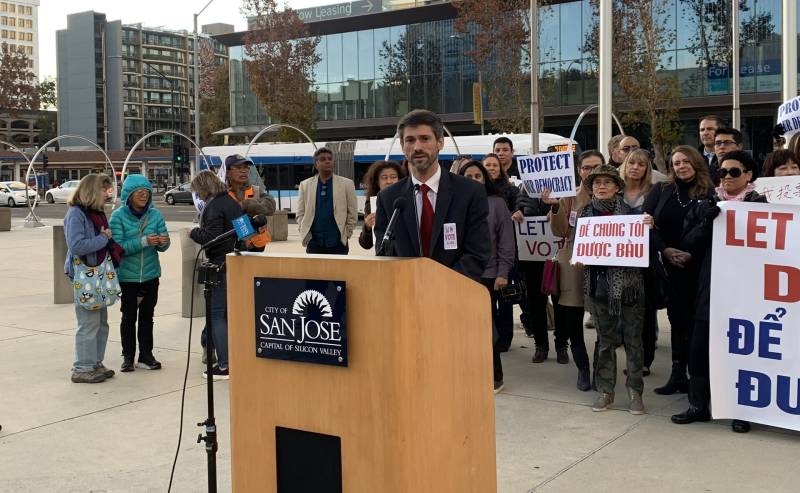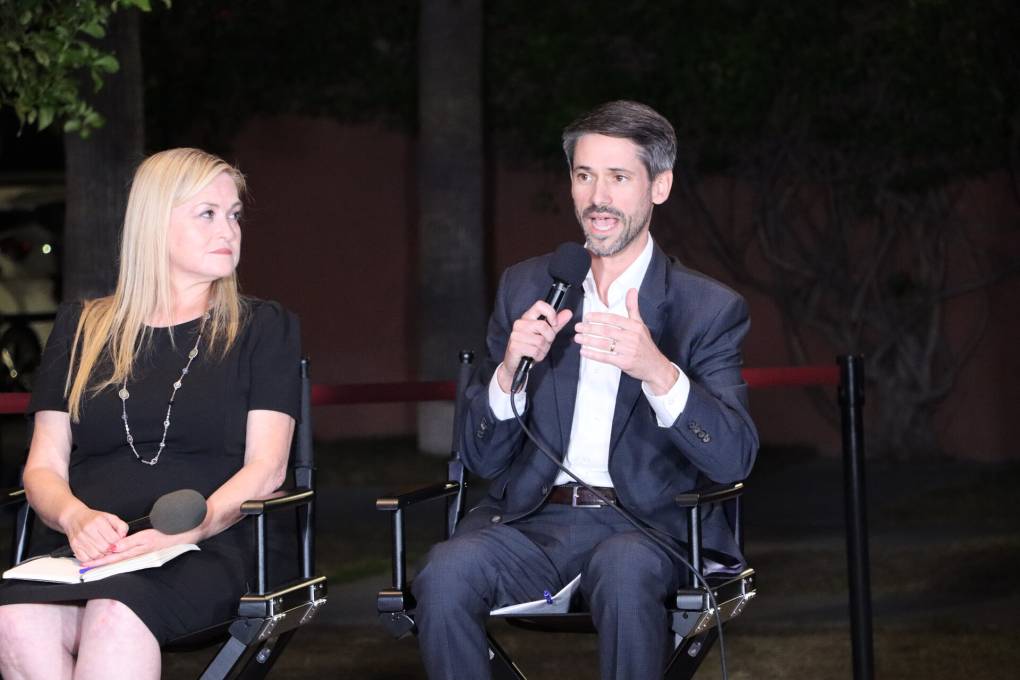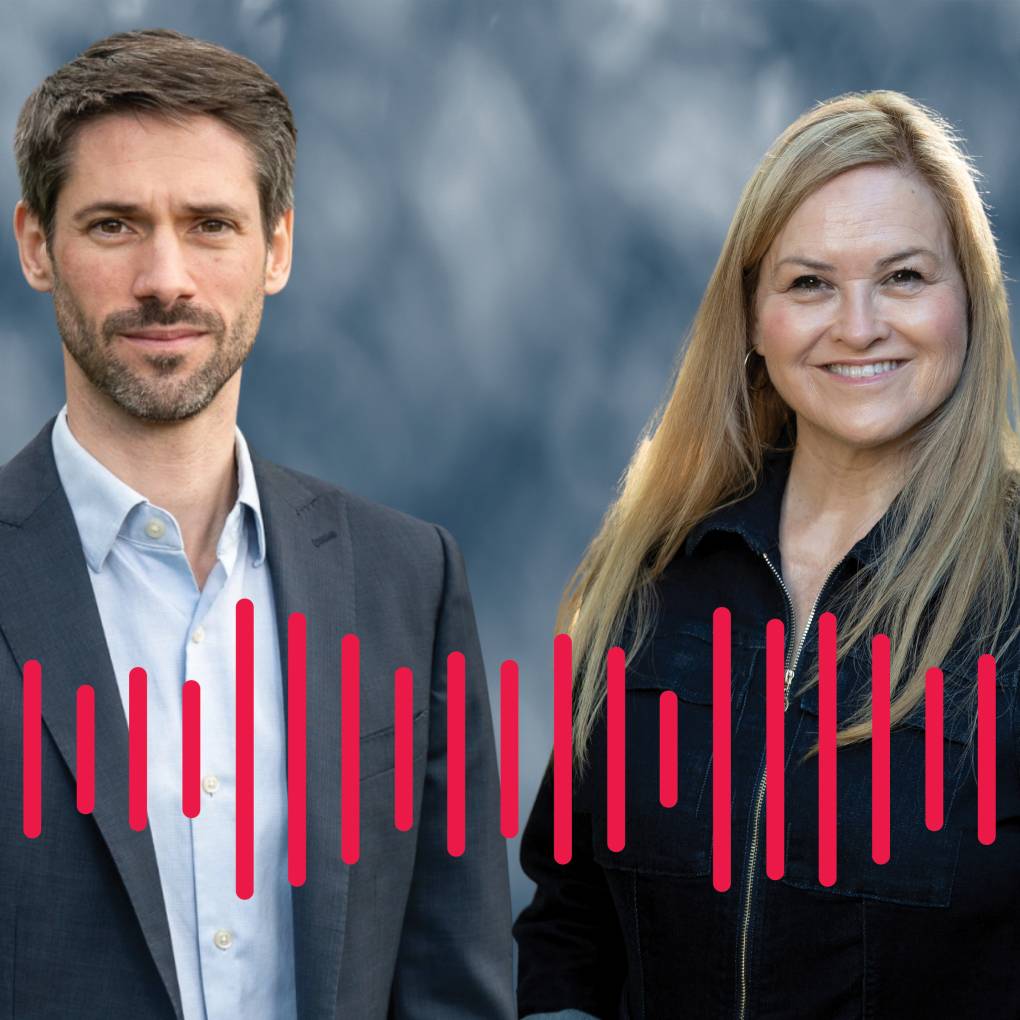“There’s a lot of work to do,” said Jimenez. “And rather than be mired in the issues of the election and the politics of all this, I’m interested in moving on.”
Nine members of the current council opposed Mahan in his run for mayor this year. The vacancy elections could have offered an opportunity for the incoming mayor to widen his base of support within San José’s weak mayor system, in which the mayor is just one of 11 votes on the council.
Critics of the council's move labeled it a "power grab" designed to prevent more moderate, Mahan-aligned candidates from prevailing in often overlooked special elections.
Of particular concern for progressives was the District 8 seat, which includes Evergreen and parts of East San José. While Arenas has been aligned with labor during her time on the council, Evergreen voters backed Mahan in the mayoral election.
In recent days, Mahan led a pair of rallies outside City Hall with residents organized under the banner “Let Me Vote SJ."
"I was blown away by the level of community engagement," Mahan told KQED after the vote. "Hundreds of people came out and advocated for what I think they believe, and I firmly believe, is a core principle in our country, which is that we select our representatives through open and competitive elections and there has to be a really good reason for not doing that. I did not hear a compelling reason so I'm pretty disappointed with the outcome of the vote."
Hundreds of residents weighed in at the Monday evening meeting and on Zoom, the vast majority of whom implored the council to call the special elections.
“It would be another two years before another election occurs. We can’t wait until another election,” said Ha Tran, who identified herself as a 42-year San José resident. “It’s worth it to spend the money because a bad City Council for two long years can be costly and [have] harmful outcomes.”
Sarah Weng, who told the council she emigrated to San José from China decades ago, said, “Democracy is priceless to me.”
“Don’t tell me because elections cost money that we should not have elections,” she added.
The combined cost of special elections could have ranged from $3.8 million to $11.4 million, according to the Santa Clara County Registrar of Voters. The price tag would have depended on factors including whether the two elections required a runoff to decide the winner.
Councilmember Peralez said the biggest factor in his support for appointments was that special elections would produce winners picked by only a small portion of eligible voters.
“When you have these special one-off elections, turnout is pitiful,” Peralez said. “It’s incredibly low.”
Many of those who did speak in favor of appointments, like Alice Saelee, a member of the Carpenters Local 405 union, were showered with a chorus of boos as they left the public comment lectern.
“Residents deserve continuity of representation and an advocate who will continually represent their needs,” Saelee said. “If you guys go through with this special election, you’re denying these residents at least 10 months of no representation.”
The city charter gives the council the option of filling vacancies via appointment or election, but in recent history, the council turned to voters to fill unscheduled openings. According to a memo prepared by the city clerk, the previous five vacancies were filled by special elections. The last appointment to fill a vacancy occurred in 1994, when Alice Woody was tapped by the council to succeed Councilmember Kathryn Cole, who was recalled.
The specter of future recalls was raised by outgoing Mayor Sam Liccardo, who said residents left frustrated with the council’s decision could turn their anger against the future appointees.
“I’m pretty confident those 300 people who waited four or five hours to speak — out of those 300, we could probably find 100 volunteers who might go out there and get signatures on petitions for a recall of the same people who were appointed,” Liccardo said.



